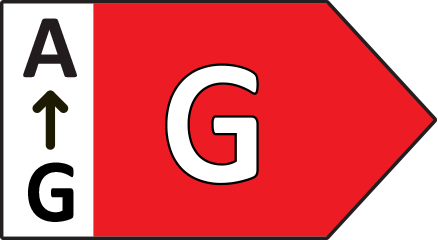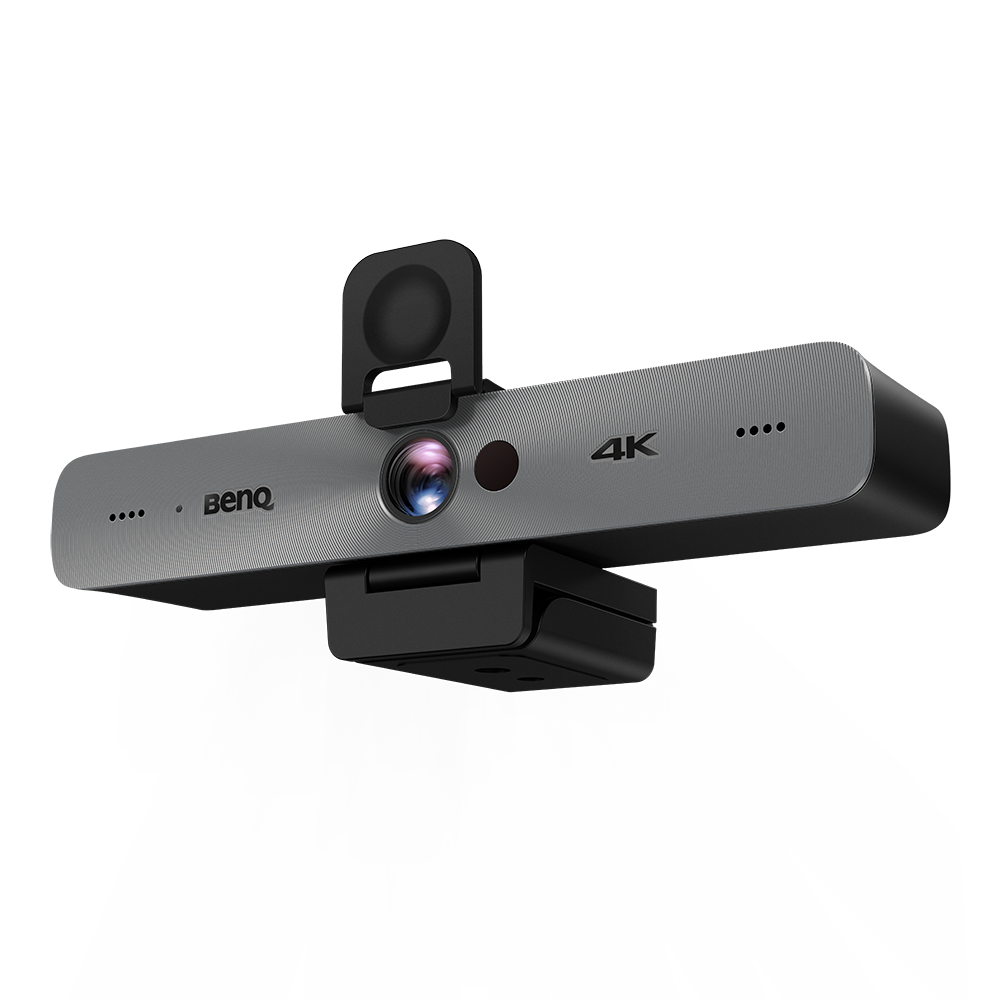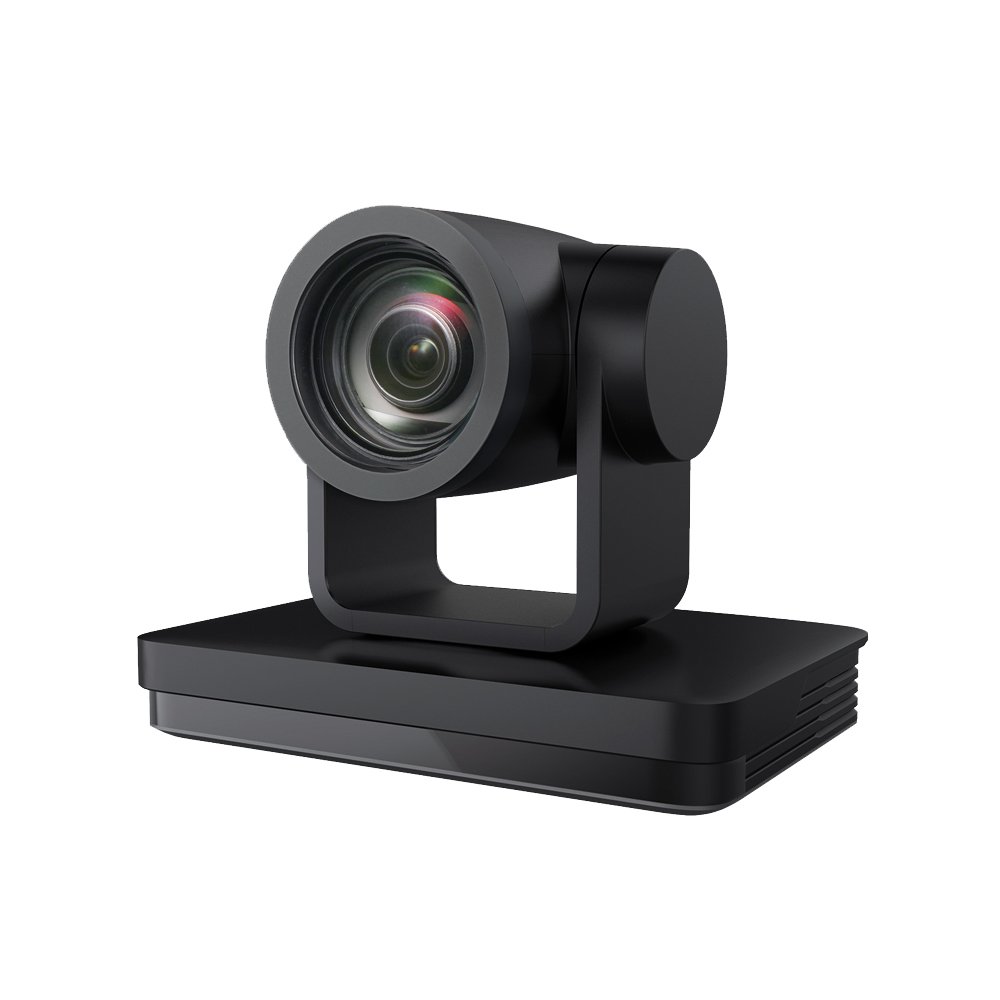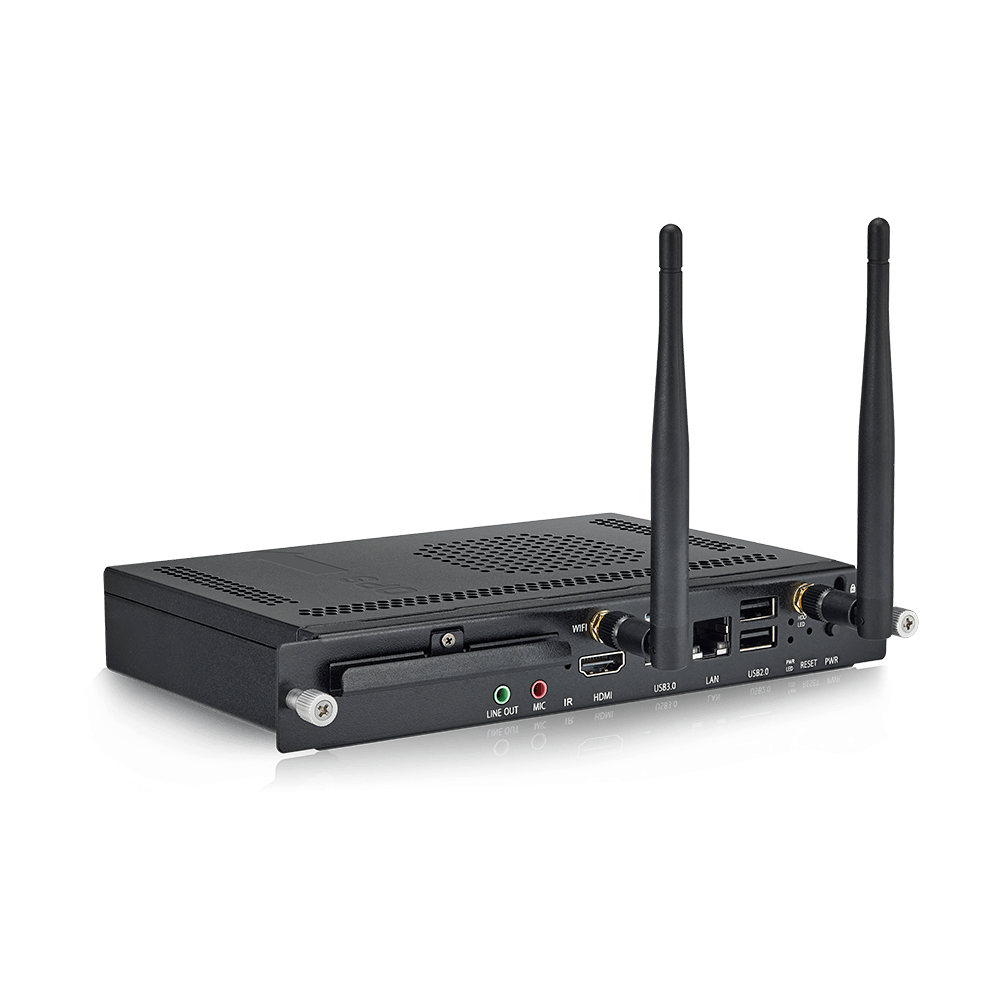Hybride vergadertechnologieën voor het beter benutten van kantoorruimtes
- BenQ
- 2021-11-30
Uw werkplek is toe aan een update.
Nu overal ter wereld bedrijven weer langzaam opengaan, is dit het meest geschikte moment om de huidige staat van uw kantoor te beoordelen. Wat heeft de pandemie onthuld over hoe u het gebruikt? Hoe heeft thuiswerken de opvattingen van werknemers over wat een kantoor zou moeten zijn, veranderd?
Kantoren zijn niet alleen bedoeld om werknemers acht uur per dag te huisvesten. Hun belangrijkste doel moet zijn om werknemers veilige, functionele ruimtes te bieden, uitgerust met alle hulpmiddelen die ze nodig hebben om samen te werken en kwaliteitswerk te leveren. Goede kantoorruimtes zijn dynamisch, levendig en evolueren voortdurend - net als de mensen die ze gebruiken. De vraag is nu: zijn uw kantoorruimtes 2022 ready?
The trends show a steady shift towards hybrid working.1 Large companies have started to offer their employees more flexibility by allowing them to work from home full time or part of the work week.2 Because many leaders are aware that their employees do most of their lonely work at home, they allocate more office space for work activities that rely on social interaction, such as virtual and face-to-face meetings.3 M Moser Associates, a global workplace design company, notes that their more forward-thinking clients are reducing allocation for individual workplaces; from 70% of the total office space this has now fallen to 30%. The 70% is now reserved for teamwork. This is in line with the ongoing trend of organizations to downsize their office spaces and transform areas previously reserved for employee cubicles into more collaborative meeting hubs.4,5
Huidige realiteit
Verstoringen komen nu vaker voor
Huidige factoren die de operaties kunnen vertragen:
Voortdurende verschuiving
Hybride werken wordt een permanente optie
De hybride werkopzet leidt tot...
Vereiste wijzigingen
Productiviteit en vergadertechnologieën stroomlijnen
As your own organization adopts hybrid practices, it's important to ask these three key questions:
Who? With more and more employees choosing to work from home, you need to have a general idea of who will be in the office full-time. Since they will be using the space more often, your upgrades should be able to meet their needs. What is their profile and for which activities will they need to use a conference room, meeting space or collaboration space?
How? Related to who will be using these spaces are the types of tasks they do. Will they mainly use these spaces for presentations? Personal meetings with customers? Interviews in person? Video calls? Brainstorming sessions? This will affect the size of the room, its layout and the equipment required.
What? Knowing how employees will use these spaces will give you a clearer picture of which technologies they will often use. Take an inventory of the tools and devices in your meeting rooms. Are they still adequate to meet the needs of your employees? It is not enough to check whether these tools still work. They can be functional, but insufficient. More important is the question whether these tools can still serve their purpose in hybrid setups. A whiteboard, for example, is useful for people meeting in person, but written items can be difficult for remote participants to see.
This assessment of the utility of existing meeting room technologies is consistent with Gartner's forecasts.8 Team collaboration tools—hardware and software designed for teamwork and interactivity, such as interactive screens and cloud whiteboards—have matured in Gartner's hype cycle. This means that the industry sees them as vital enough to fully adopt them as part of their permanent work structure.
Evolutie van de technologieën voor vergaderzalen


Whiteboards en flip-overs waren het belangrijkste instrument voor brainstormsessies en presentaties.

Door de opkomst van laptops en projectoren konden werknemers digitale media gebruiken tijdens vergaderingen.

Met de opkomst van videoconferenties en BYOD werden VoIP-systemen, smartphones en tablets bij vergaderingen geïntroduceerd.

De overstap naar gestroomlijnde alles-in-één-oplossingen: videoconferencing, cloud-whiteboarding en het delen van schermen
In de loop der jaren hebben we de apparatuur in vergaderzalen zien evolueren om zich aan te passen aan de veranderende eisen van de sector. Op basis van de huidige staat van uw vergaderzalen, hoe adequaat is uw vergaderkamertechnologie? Als u op zoek bent naar oplossingen voor teamsamenwerking die uw kantoor vooruit helpen, dan biedt BenQ een reeks interactieve displays, video-conferencing en draadloze oplossingen voor het delen van schermen die aan uw werkbehoeften kunnen voldoen. Om erachter te komen welke BenQ oplossingen uw bedrijf beter kunnen maken voor uw werknemers, boek een gratis demo of raadpleeg een van onze experts!
- Rosenbaum, E., “The latest numbers on how many workers will be returning to offices, and how often”, CNBC, https://www.cnbc.com/2021/07/08/how-many-workers-will-be-returning-to-offices-and-how-often.html, 8 July 2021, last accessed 23 July 2021.
- Gratton, L., “How to Do Hybrid Right”, Harvard Business Review, Vol. 99, Issue 3, May-June 2021, p. 66-74.
- Levere, J., “One Size Doesn’t Fit All: Employees’ Needs Are Changing Work Spaces”, The New York Times, https://www.nytimes.com/2021/10/19/business/work-spaces-design-employees.html, 19 October 2021, last accessed 25 October 2021.
- Thomas, L., “Covid changed how we think of offices. Now companies want their spaces to work as hard as they do”, CNBC, https://www.cnbc.com/2021/03/10/1-year-into-covid-employers-rethink-offices-and-function-matters-most.html, 10 March 2021, last accessed 23 July 2021.
- Rosenbaum, E., “The latest numbers on how many workers will be returning to offices, and how often”.
- Hecht, J., “How Technology Is Driving Change In Almost Every Major Industry”, Forbes, https://www.forbes.com/sites/jaredhecht/2018/11/30/how-technology-is-driving-change-in-almost-every-major-industry, 30 November 2018, last accessed 23 July 2021.
- Kleynhans, S., “Select the Right Technology for Modern Meeting Rooms”, Gartner, https://www.gartner.com/document/code/320123, 20 September 2018, last accessed 23 July 2021.
- Rimol, M., “6 Trends on the Gartner Hype Cycle for the Digital Workplace, 2020”, Gartner, https://www.gartner.com/smarterwithgartner/6-trends-on-the-gartner-hype-cycle-for-the-digital-workplace-2020/, 24 August 2020, last accessed 23 July 2021.







